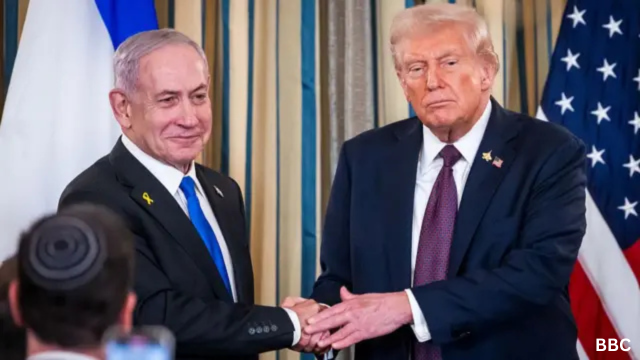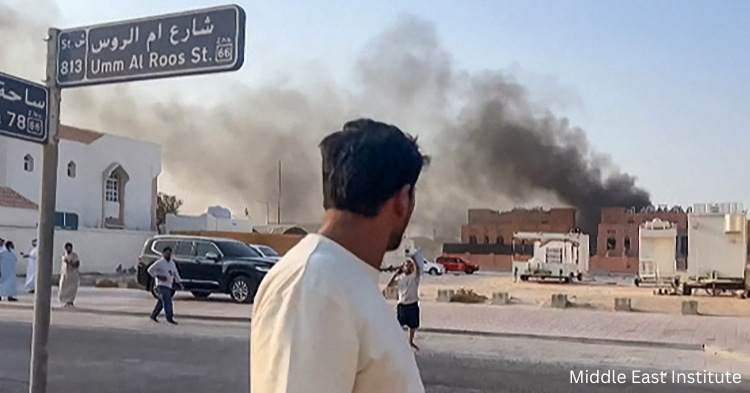The Middle East witnessed a pivotal development recently as Hamas announced its willingness to release Israeli hostages amid ongoing conflict in Gaza. This announcement comes at a critical juncture, as the region continues to grapple with tensions that have affected countless lives. The statement from Hamas indicated a conditional release, tied to negotiations over elements of a peace proposal outlined by former U.S. President Donald Trump. These developments signal a potential breakthrough, though challenges remain before a comprehensive peace can be achieved.
Hamas’ Announcement and Conditional Release
Hamas publicly stated that it would release the Israeli hostages, a move welcomed internationally as a hopeful sign toward de-escalation. However, the group specified that the release was contingent upon negotiating certain aspects of Trump’s peace plan. This indicates that while both parties may be seeking resolution, the process will require careful diplomatic engagement to address contentious issues.
The hostage situation has long been a sensitive and complex component of the Israel-Hamas conflict. Families of those affected have expressed cautious optimism following Hamas’ announcement, while security and political analysts continue to evaluate the feasibility of reaching a lasting agreement.
The Trump Peace Proposal
Former President Donald Trump, who has previously played a role in Middle East diplomacy, presented a comprehensive peace plan aimed at resolving the Israel-Hamas conflict. The plan includes several key objectives:
- Hostage Exchange: The simultaneous release of all Israeli hostages held by Hamas, coupled with the release of Palestinian prisoners in Israeli custody.
- Ceasefire Agreement: A temporary and potentially long-term cessation of hostilities to prevent further casualties and destruction.
- Governance and Administrative Transition: The plan outlines a framework in which Hamas would relinquish administrative control in Gaza to a neutral Palestinian technocratic body.
- Disarmament and Security Guarantees: Hamas would be expected to gradually disarm, ensuring that future violence is prevented and creating a stable security environment for both Palestinians and Israelis.
Although Hamas has agreed to release hostages and engage in discussions, full acceptance of the plan remains incomplete. Certain clauses, particularly regarding disarmament, are points of negotiation. This conditional stance demonstrates the delicate nature of conflict resolution in the region.
International Perspective and Reactions
The global community has closely monitored these developments, with a general consensus that the release of hostages is a positive step. Key international actors, including neighboring Arab nations, have emphasized the need for continued dialogue and adherence to agreements that ensure regional stability.
While countries directly affected by the conflict, such as Israel, have expressed cautious approval, they have also highlighted the importance of verification mechanisms to ensure that all commitments are fulfilled. Humanitarian organizations continue to stress the urgency of addressing civilian needs and mitigating the humanitarian crisis in Gaza.
Challenges Ahead
Despite this hopeful progress, multiple challenges remain that could complicate the path to peace.
- Hamas Disarmament: Achieving a disarmament agreement will require guarantees and oversight mechanisms that may take months, if not years, to implement effectively.
- Implementation and Verification: Ensuring that both sides follow through on their commitments will require continuous monitoring and diplomatic pressure from regional and international actors.
- Humanitarian Concerns: The people of Gaza face ongoing hardships, including shortages of essential supplies, limited medical access, and the impact of infrastructure damage from recent conflicts. Peace agreements must incorporate strategies to alleviate these humanitarian issues to achieve lasting stability.
Furthermore, the process of reintegrating hostages and addressing psychological trauma will be a critical element of post-conflict recovery. Families of hostages, local communities, and governments will need coordinated support to manage these challenges successfully.
Conclusion
The announcement by Hamas to release Israeli hostages represents a noteworthy step in efforts to stabilize the Middle East and move toward peace. While the path ahead is fraught with obstacles, the willingness of both parties to engage in dialogue under the framework of Trump’s peace plan offers a glimmer of hope. Success will depend on sustained diplomatic engagement, international support, and the careful implementation of agreements that prioritize security, justice, and humanitarian relief.
%20(4).png)




.png)

.png)

